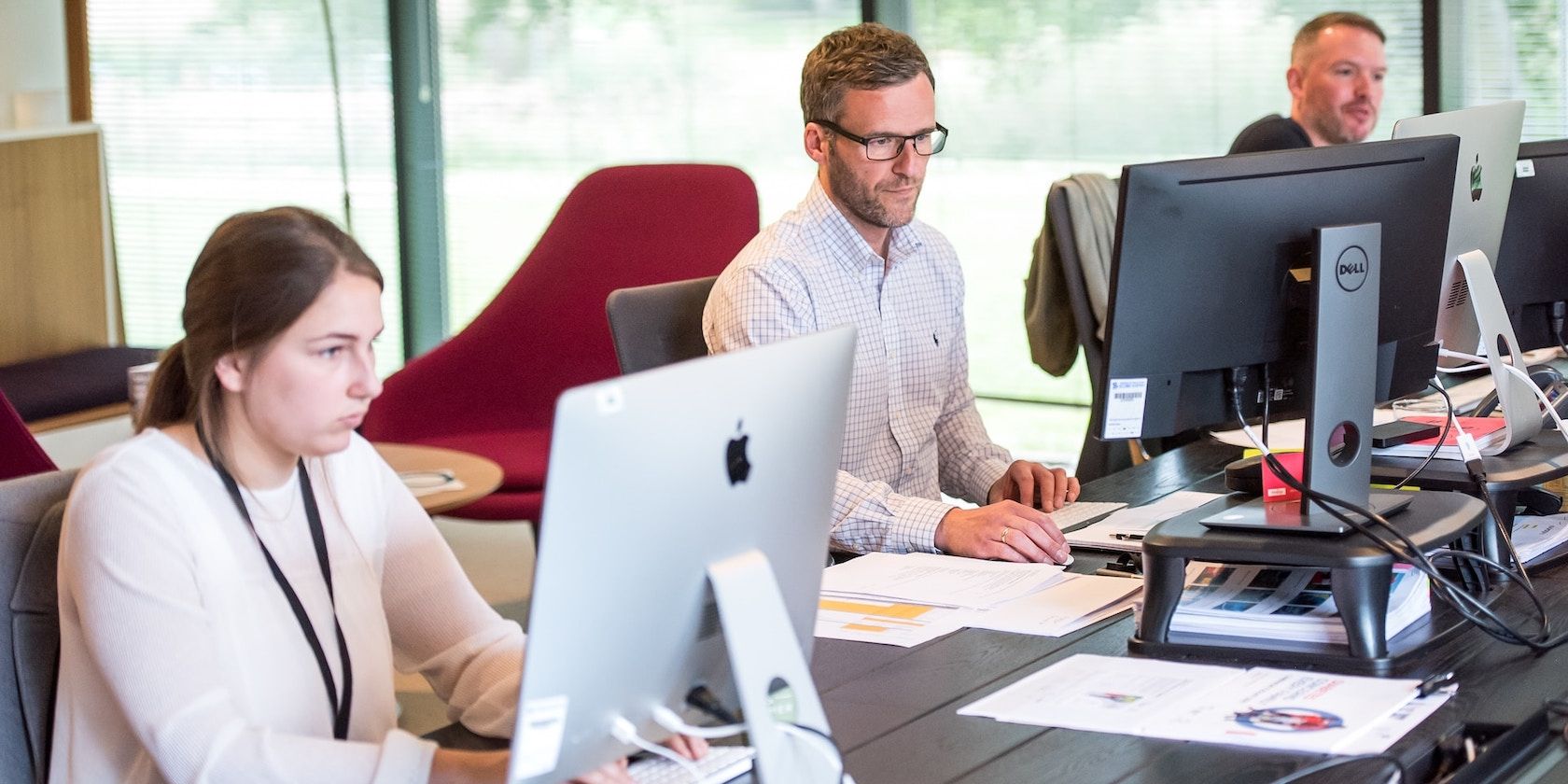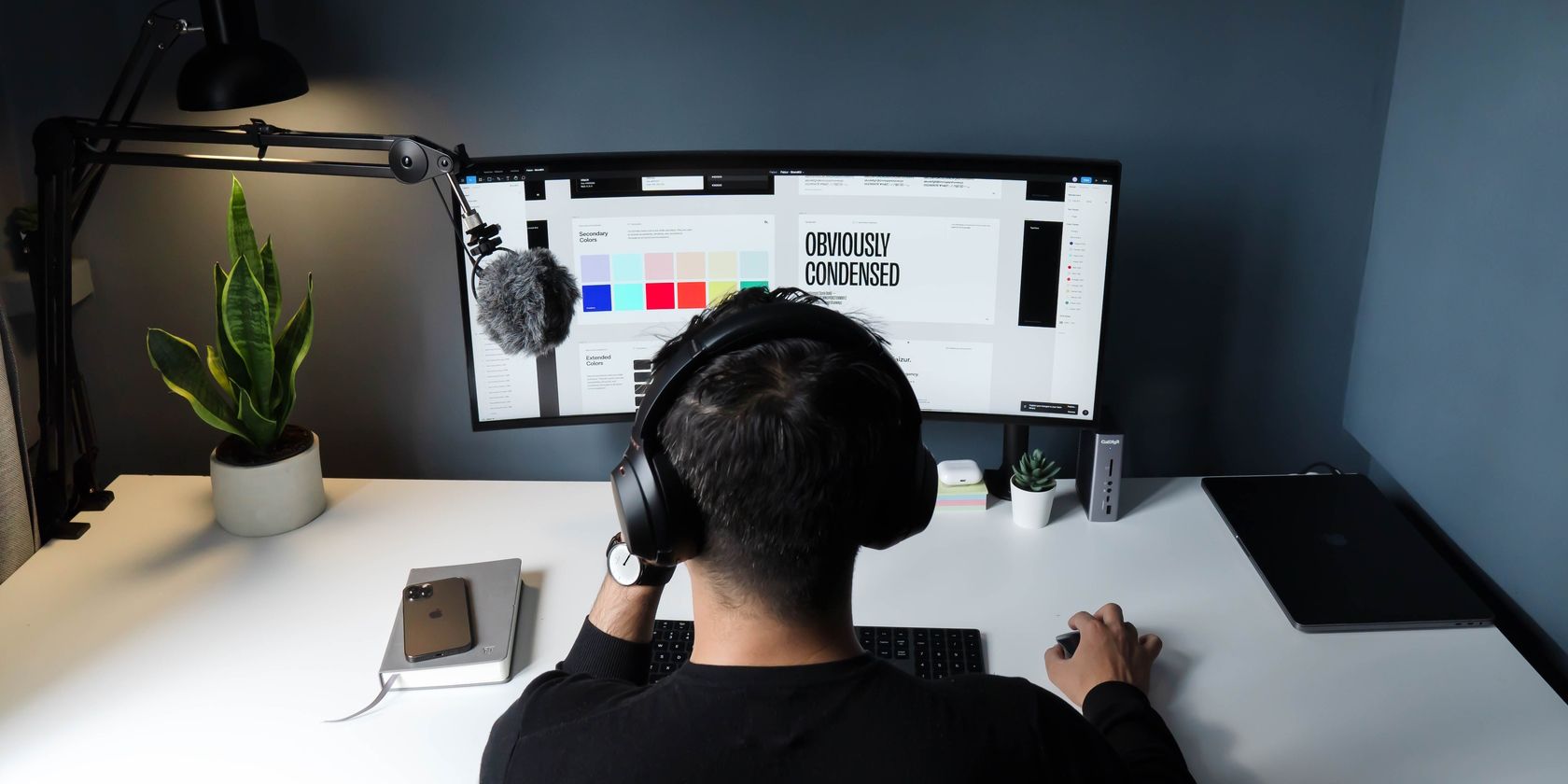While many people used to think of freelancing as something you’d do to pay the bills between two jobs, more individuals are looking at it as a genuine alternative to the standard 9-5 job. The benefits of establishing yourself as a freelancer are plentiful, such as the opportunity to diversify your income and choose your working hours.
More companies are also looking for skilled freelance writers, graphic designers, and other professionals to help them grow. Over the rest of the 2020s and beyond, freelancing—and freelancers—will likely continue to blossom. This article outlines some of the biggest reasons why.
1. Technological Advancements
Technological advancements have made it easier to become a freelancer than ever before. Increasing internet penetration has allowed more people to work remotely, and they can work on projects they want to without needing complicated work permits for a different country.
For companies, technological advancements have also made it easier to work with freelancers. Businesses are no longer restricted to local markets, and they can hire talented contractors to work remotely with them from all over the world.
Over the coming years, internet penetration will continue to provide more freelance opportunities for people in countries that previously didn’t have a strong infrastructure. On top of that, advancements in artificial intelligence (AI) will enable businesses to be more specific and efficient about who they hire.
2. Networking Opportunities
Freelancing provides several opportunities for professional networking, especially for those who don’t want to visit traditional networking events. You can connect with business owners and key members in some of the world’s biggest companies through all kinds of social media networks, such as LinkedIn and Twitter.
As a freelancer, you’ll likely work with more people than you would in a full-time job. As a result, you will naturally build a solid network of professional acquaintances. And if you impress these clients with the quality of your work, you could open new opportunities through word of mouth. If you want to get started with building your professional network, consider using these proactive ways to find freelance jobs on LinkedIn.
3. Scalability
The world of business is fiercely competitive, and early-stage startups often have to grow significantly in a short period of time—especially if they’ve taken investment capital. Hiring a full-time employee is both time-consuming and expensive, and they might not have the skills that a small business needs to reach the next level.
Freelancers are often highly skilled within specific competence domains, and this means that companies can—in many cases—get what they’re looking for. Businesses can hire these freelancers on an ad-hoc basis, and the risk is lower than hiring a full-time employee.
Besides hiring freelancers to do the practical work required for scaling, businesses can also reach out to consultants with industry knowledge and experience in similar environments. Freelancers can also scale, and you can check out a number of ways to scale your freelance business.
4. Work-Life Balance
While European countries often offer more generous annual leave allowances, employees in the US often only receive two weeks per year. You can get more in Canada, but you often have to work in a company for a longer period.
Being an employee also requires commuting to an office in many cases. In larger cities, such as London and New York City, it’s not uncommon for people to spend hours traveling to and from work on crowded public transport. Considering that freelancers can set their own hours and often work from home, it’s not surprising that many people—especially knowledge workers—are opting to become self-employed.
Besides saving hours and dollars on commuting daily, freelancing can also allow more space in your schedule to focus on your hobbies and loved ones. You can read about achieving a work-life balance in remote work if you need some practical advice.
5. Freelancing Means Not Putting All Eggs in One Basket
The idea that freelancing is less secure than a full-time job isn’t necessarily accurate nowadays. Several people lost their jobs during the COVID-19 pandemic, and several major tech companies implemented mass layoffs in 2021 and 2022.
Freelancing has an element of uncertainty, but many people think that it’s better to diversify their income sources. If you approach freelancing the right way and focus on producing high-quality work, you can eventually get into a position where you have a consistent demand for your services.
Before going full-time as a freelancer, it’s worth spending a year growing your client base. We’ve got a guide to help if you can’t find new freelance clients.
6. Freelancers Are Often Less Expensive for Companies to Hire
Figures vary wildly in different studies on how much money freelancers make, and it also depends on the country you live in. But if you have the right systems in place, you can earn more than you ever would have in a full-time job. For companies, the benefits are also plentiful; freelancers often cost less to hire than permanent employees.
When a company hires a freelancer, they often won’t need to pay for benefits and insurance—as a freelancer should have these bases covered. On top of that, the business usually pays a rate based on each project or per hour, rather than a fixed salary. Hiring a freelancer also often means that businesses don’t need to worry about sponsorships for work permits and similar issues that may arise.
7. Freelancing Offers Several Self-Development Opportunities
Although you can learn a lot from a full-time job, freelancers often have to quickly pick up new skills that they might never otherwise have thought about. For example, you’ll learn how to budget better and the importance of having the right mindset. Moreover, you can find out how to set better boundaries with everyone in your life—and not just your clients.
Professionally, you can learn a huge number of skills as a freelancer. You’ll become better at your craft and can also pick up other marketable traits, such as managing social media accounts and understanding different audiences.
Other useful skills that freelancers often pick up include:
- Sales
- Resilience
- Communication and empathy
Freelancing Is Set to Continue Growing
Freelancing has benefits for both businesses and freelancers themselves. Those who successfully build a freelance business can enjoy a greater degree of freedom, whether that’s deciding their work hours or taking more vacations throughout the year. And for companies, they can often save both money and time on expensive hiring practices.
As the world becomes more digitized and industries move at a faster pace, freelancers in multiple fields—both creative and administrative—will become even more important. Startups and established companies alike will seek the services of those that are particularly skilled in their areas of expertise.








